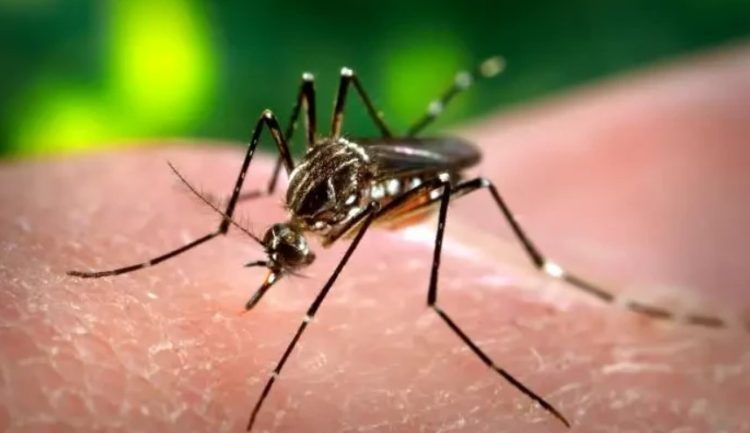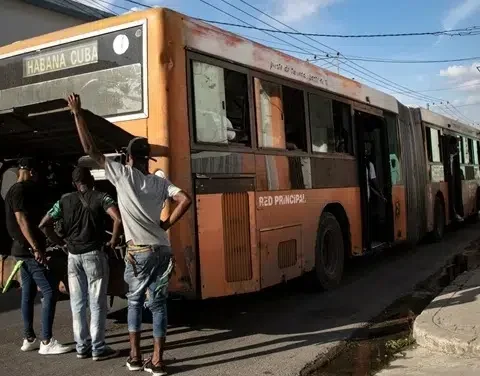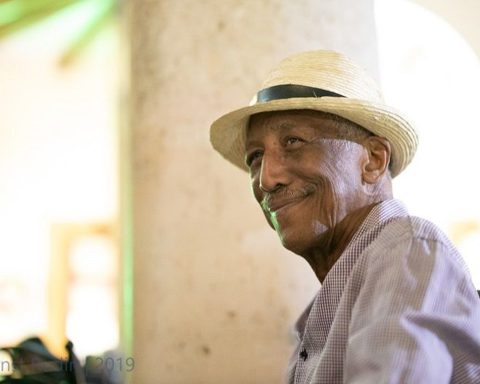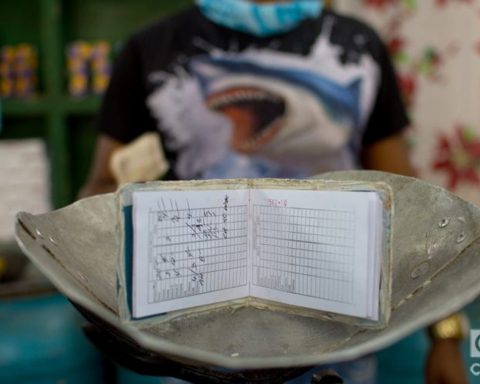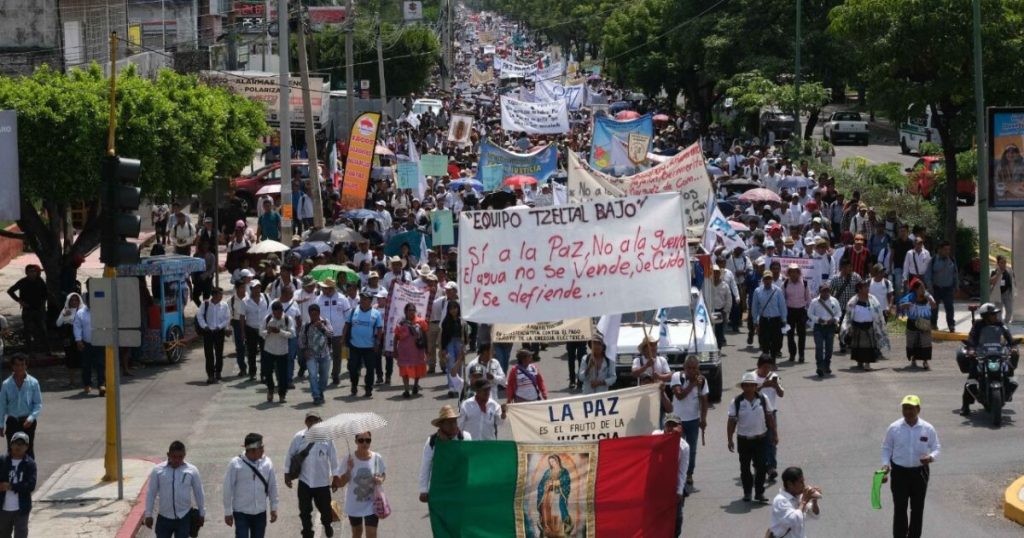AREQUIPA, Peru – Dr. Francisco Durán, national director of Epidemiology for the Ministry of Public Health (MINSAP) acknowledged on Friday that there are patients admitted with dengue who “have progressed to serious stages of the disease.”
According to statements by the manager, quoted by the official newspaper Granmaduring the last week, a greater number of suspected cases of dengue have been reported, especially in provinces such as Havana, Matanzas, Camagüey, Holguín, Santiago de Cuba and Guantánamo.
He added that, due to this arbovirus, a significant number of cases are diagnosed each week, so transmission continues in 46 health areas of 41 municipalities, in 12 of the country’s provinces.
Regarding Oropouche, detected on the Island last May, he explained that there is also an increase in the number of suspected cases of the disease, with the highest incidence in the last week in Pinar del Río, Havana, Matanzas, Villa Clara and Santiago de Cuba.
He also said that the transmission of Oropouche (through the culex mosquito and the gnat) is expressed in 184 health areas, 10 more than the previous week, in 103 municipalities in the 15 provinces.
Durán also stressed that the tropical conditions of heat and intense rains in Cuba, together with problems with waste collection, are a favorable scenario for the proliferation of these diseases.
Patients who contract the Oropouche virus experience constant relapses and their evolution is unpredictable, something unusual in other viruses. Although the government has not officially recognized deaths from Oropouche, the president of the Cuban Medical Association, Miguel Angel Ruano, indicate that there have been deaths due to complications arising from the virus.
“This virus does not cause death directly, but it can do so indirectly. In Cuba, for example, there are many patients subjected to extreme conditions in terms of food and lack of medicines. The situation in general in the country is very deteriorated,” explained Ruano. In cases where patients have weakened immune systems and poor nutrition, the virus can be lethal, since “the symptoms are very varied” and treatments are scarce.
Although the MINSAP offers weekly reports to update on the epidemiological situationmany Cubans prefer not to go to health centers unless they face serious complications. Severe shortages of medicines and poor hospital conditions have led people with symptoms of dengue or Oropouche fever to opt for treatment at home, thus avoiding contact with health authorities.
